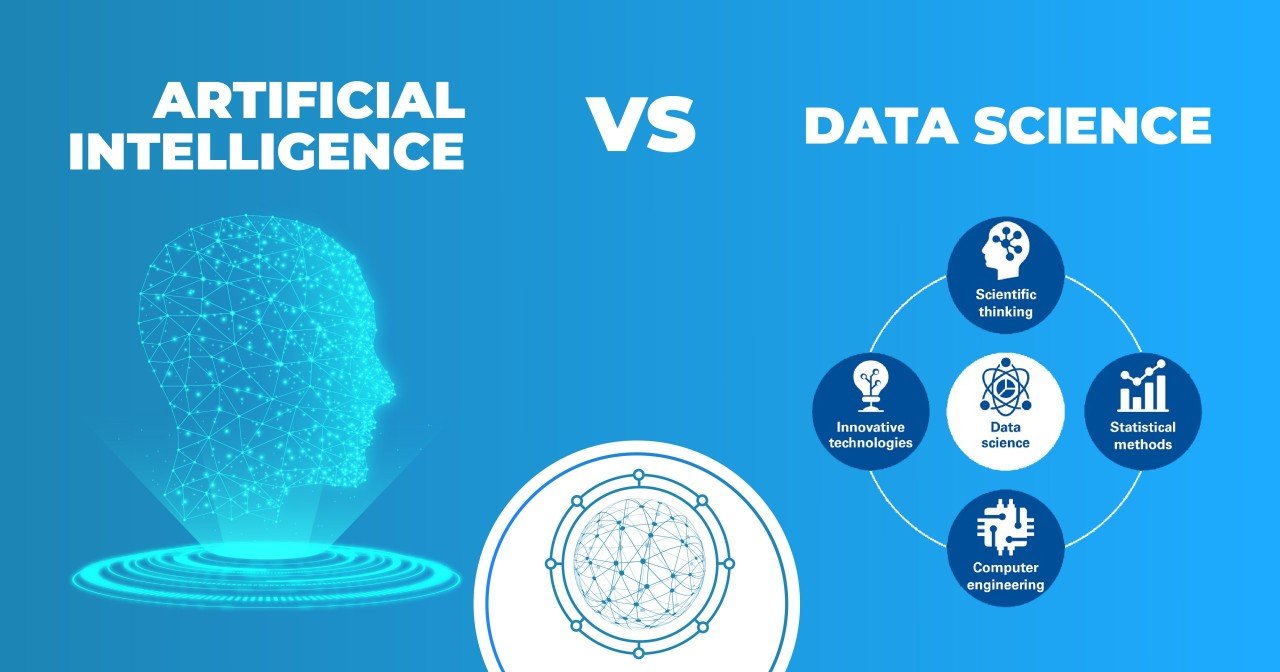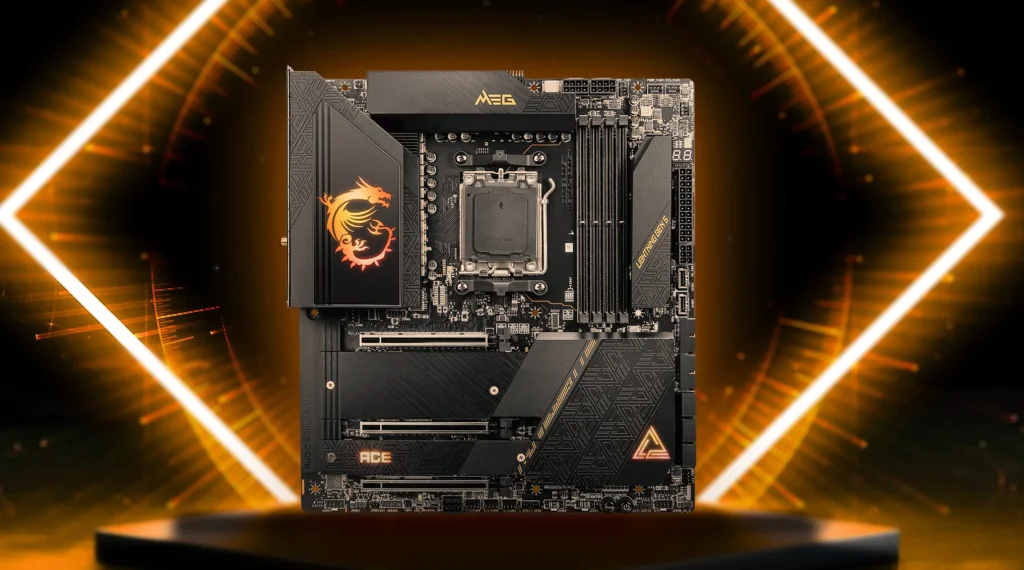Will AI Replace Data Science? Exploring the Future

Artificial intelligence (AI) and data science have become pivotal forces in shaping the modern technological landscape. As these fields continue to evolve, a pressing question arises: Will AI replace data science? This question has sparked much debate among professionals, with opinions varying widely. In this article, we’ll explore the relationship between AI data science, the potential for AI to replace data science, and what this means for the future of data scientists.
Understanding the Role of Data Science in AI
Data science and AI are deeply interconnected. To understand if AI will replace data science, we first need to examine how these fields work together. Data science involves the collection, analysis, and interpretation of large datasets to uncover patterns, trends, and insights. AI, on the other hand, refers to the development of algorithms and systems that can mimic human intelligence, learning from data to perform tasks that typically require human intervention.
Artificial intelligence and data science are complementary. AI relies heavily on the data and models developed by data scientists to function effectively. Without data science, AI would struggle to find the patterns and insights needed to make accurate predictions and decisions. Conversely, data science benefits from AI’s ability to process vast amounts of data quickly, automating routine tasks and allowing data scientists to focus on more complex problems.
The Increasing Role of AI in Data Science
As AI data science continues to advance, it’s clear that AI is becoming more capable of performing tasks traditionally handled by data scientists. For example, AI can now automate data cleaning, preprocessing, and even some aspects of data analysis. This has led to concerns that artificial intelligence data science might eventually make the role of data scientists obsolete.
However, while AI can handle many routine tasks, it still lacks the nuanced understanding and creativity that human data scientists bring to the table. AI systems are excellent at recognizing patterns, but they do so within the confines of the algorithms they are programmed with. They cannot innovate or think creatively to solve novel problems—an area where human data scientists excel.
Moreover, AI often requires high-quality data to function correctly, and preparing this data is a task that still requires the expertise of a human data scientist. Data scientists must understand the context of the data, clean it, and prepare it in a way that makes it usable for AI. This aspect of data science and AI is crucial, as poor data quality can lead to inaccurate AI predictions and decisions.
Will AI Replace Data Science? The Key Considerations
The notion that AI will replace data science is not straightforward. Several factors need to be considered:
- Contextual Understanding: AI can process data at an unprecedented scale, but it often lacks the contextual understanding that human data scientists possess. Data scientists interpret data within the broader context of the problem they are solving, which is something AI cannot do on its own.
- Ethical Decision-Making: The intersection of artificial intelligence and data science raises significant ethical questions. Human data scientists play a critical role in ensuring that AI systems are designed and used ethically. They can consider the broader societal implications of AI systems and make decisions that are not purely data-driven.
- Creativity and Innovation: Data science requires creativity and the ability to approach problems from different angles. While AI can assist with routine tasks, it lacks the ability to think creatively. This is where data scientists add value by developing innovative solutions to complex problems.
- Human Judgment: Despite AI’s advancements, human judgment remains irreplaceable. Data scientists apply their expertise to make decisions that AI cannot. For example, when working with incomplete data or when the data presents conflicting trends, a human’s ability to reason and draw conclusions becomes essential.
- Collaboration with AI: Instead of replacing data science, AI is more likely to become a powerful tool for data scientists. Artificial intelligence and data science engineering will likely lead to new collaborative roles where data scientists use AI to enhance their work rather than replace it.
The Future of Data Science in an AI-Driven World
Looking ahead, the role of data scientists will evolve, but it is unlikely that AI will replace data science entirely. Instead, data scientist artificial intelligence professionals will find themselves increasingly collaborating with AI tools to improve efficiency and outcomes.
In the future, data scientists will likely focus more on strategic tasks, such as developing new algorithms, interpreting complex data, and making decisions based on AI-generated insights. Artificial intelligence and data science engineering will continue to evolve, leading to new opportunities for data scientists to specialize in areas where human creativity, judgment, and ethical considerations are paramount.
Conclusion: A Symbiotic Relationship, Not Replacement
The relationship between artificial intelligence and data science is one of collaboration rather than competition. AI is unlikely to replace data science entirely, but it will change the way data scientists work. As AI data science continues to advance, data scientists will need to adapt, leveraging AI to enhance their capabilities and focus on more complex, strategic tasks.
In summary, while AI can automate many aspects of data science, it cannot replace the creativity, contextual understanding, and ethical decision-making that human data scientists bring to the table. The future of data science and AI will be one of collaboration, with AI serving as a powerful tool that enhances, rather than replaces, the role of data scientists.










